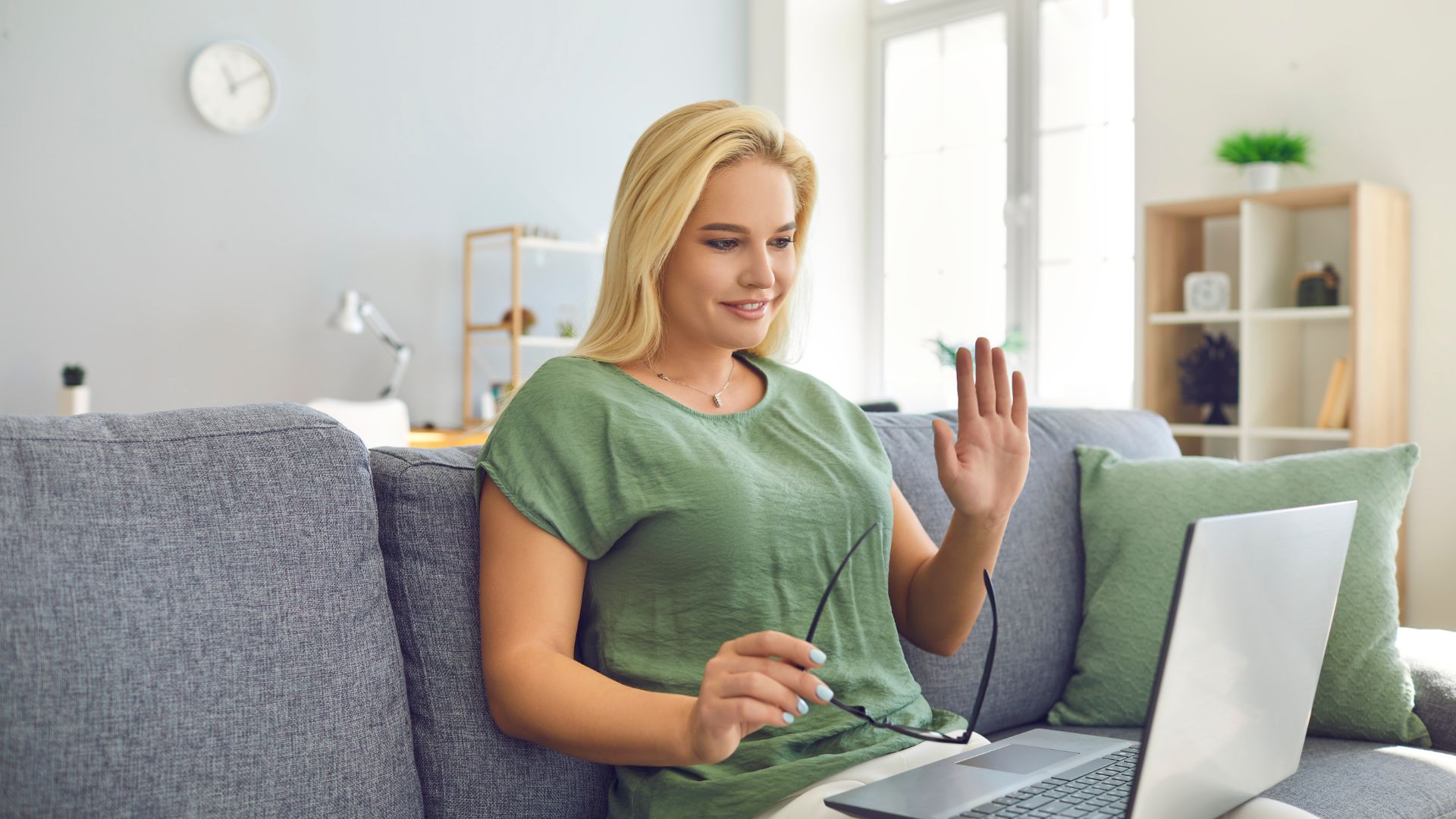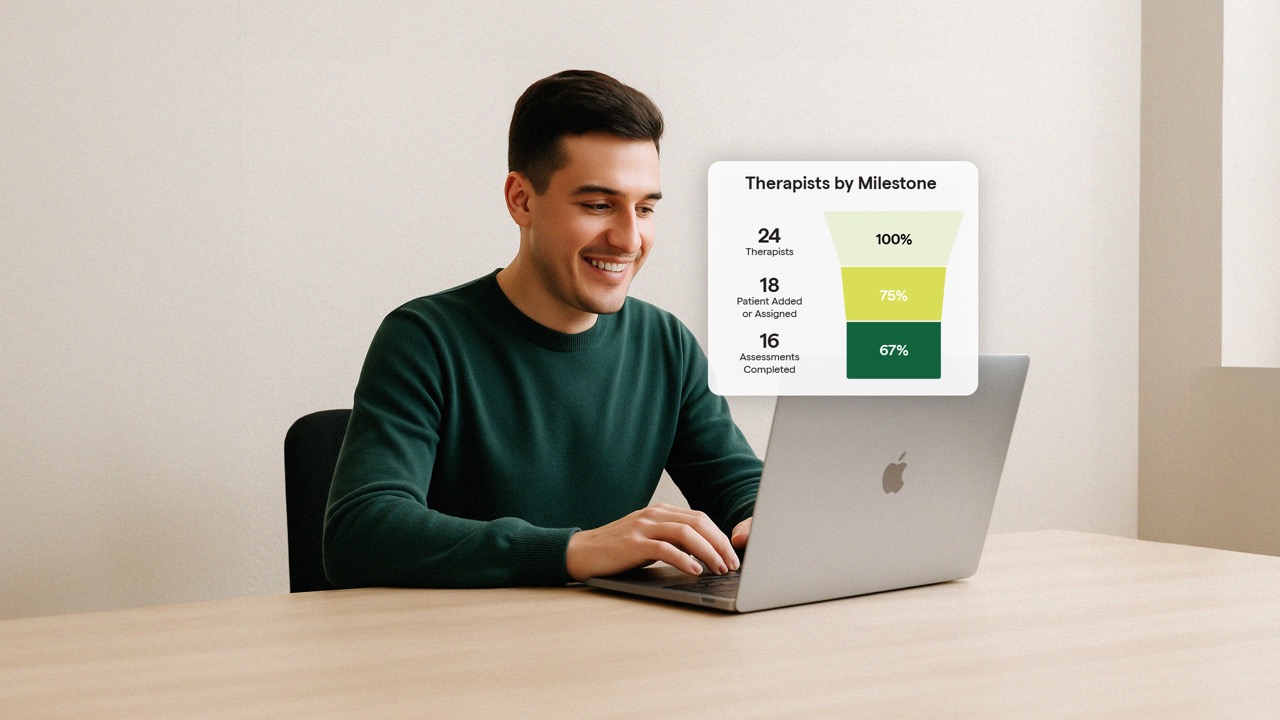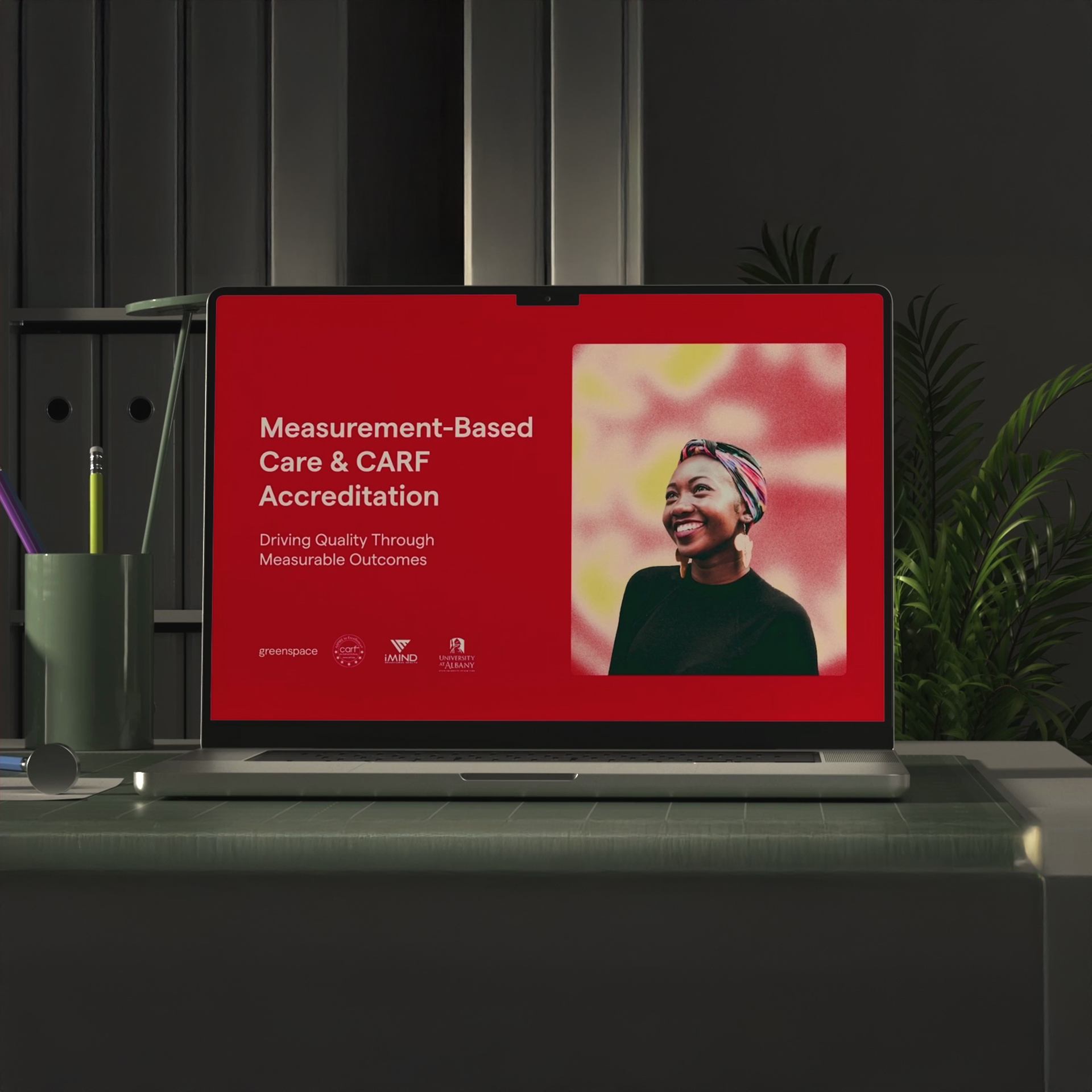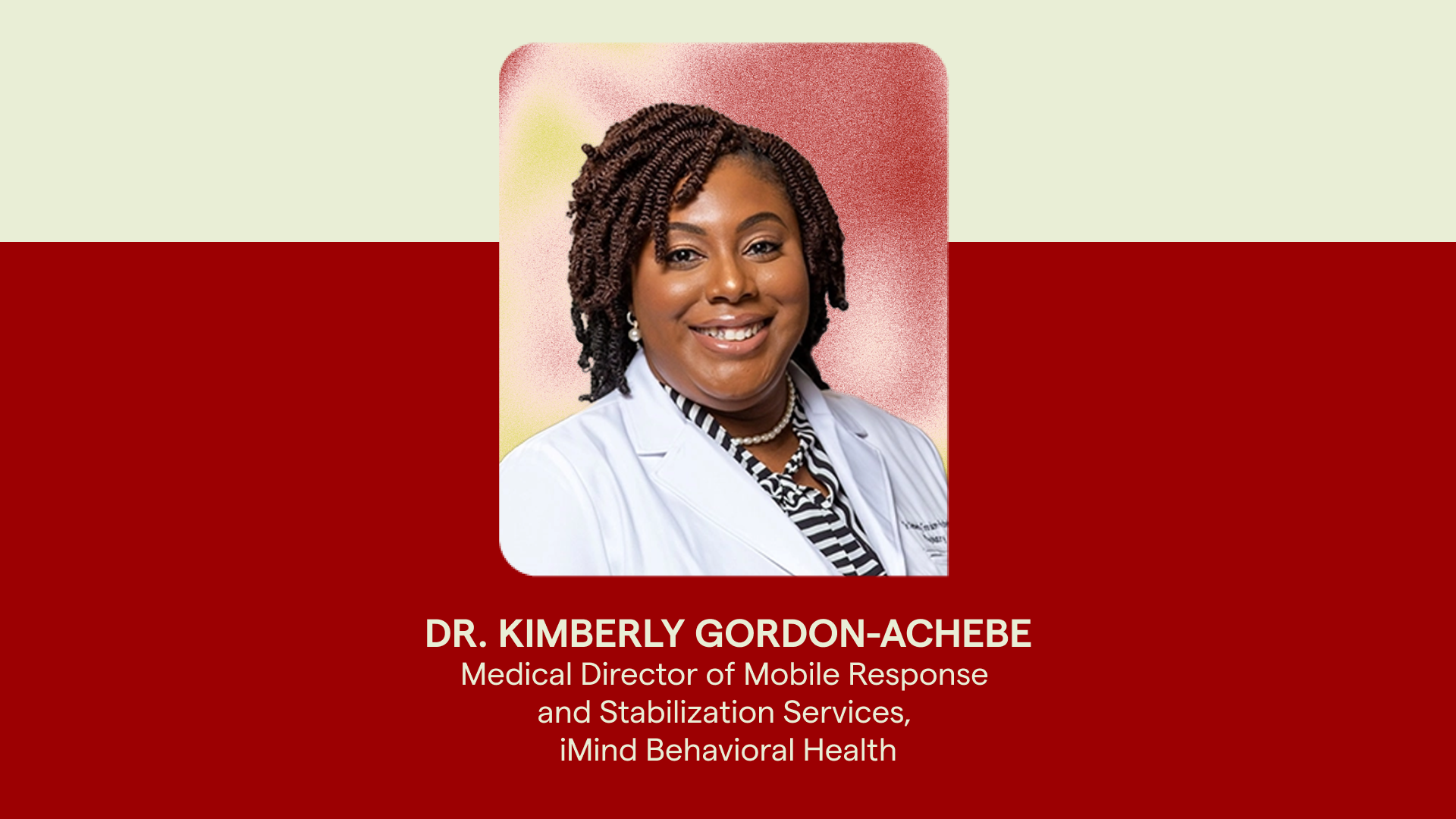
The recent developments surrounding COVID-19 can be overwhelming, stressful and anxiety provoking. At a time when social distancing is strongly encouraged, it can be difficult to access mental health services to help alleviate both existing mental health conditions, as well as the compounded anxiety provoked by the novel coronavirus.
Many therapists are offering video-based counselling to address this growing need which mitigates the risk of contracting and spreading the virus. However, there are many misconceptions about video-based counselling which may result in some apprehension to use this platform. Here are some of the most common myths:
MYTH 1: Online therapy is not as effective as in-person therapy
FACT: There is a growing body of research in the field of internet-based counselling indicating that online therapy is as effective as traditional face-to-face therapy. A compelling study on the effectiveness of cognitive behavioral therapy (CBT) delivered via video conferencing found that it was effective in significantly reducing the symptoms of depression, anxiety, and stress, while improving the overall quality of life in both in-person and video therapy, with no significant differences between the two (Stubbings et al., 2013).
Another study exploring clinical outcomes and patient satisfaction with video counselling found that individuals who used video counselling reported high levels of satisfaction, with similar clinical outcomes to those accessing in-person counselling (Richardson et al., 2009). Moreover, a systemic literature review on video-based counselling found that interventions for a variety of conditions including psychological and physical, delivered by video conferencing, result in similar outcomes when compared to treatment delivered in person (Steel, Cox & Garry, 2011).
Accessing therapy using videoconferencing does not mean the sessions will be less effective. Finding a therapist who is the best fit for you can help you to address your unique needs, regardless of whether you meet them in their office or online.
MYTH 2: The relationship between the client and therapist is not as strong
FACT: The therapeutic relationship is arguably the most important indicator of positive outcomes in therapy. The common misconception with video counselling is that the lack of face-to-face contact makes it more difficult to convey empathy and understanding, which is essential in building a strong alliance. The therapeutic alliance has been studied widely in the field of internet-based counselling interventions. Several studies have found that the alliance is rated highly in both in-person and video counselling, with no significant difference between the two modes of therapy (Cook & Doyle, 2002; Stubbings et al., 2013; King et al., 2013). A study assessing the effectiveness of online video-conferencing counselling for substance use found that there were strong ratings of treatment satisfaction and therapeutic alliance among participants who completed therapy using the web-based videoconferencing platform (King et al., 2013).
Although there are concerns about the loss of non-verbal communication and face to face contact, a number of studies indicate that a therapeutic alliance can successfully be established online, and in some cases, can be even stronger than through in-person sessions (Khan, 2014)
MYTH 3: Online counselling is not as confidential as in-person counselling
FACT: Regardless of the method being used to provide therapy, counsellors are required to protect their client’s private health information, stay current with ethical guidelines, and inform clients about the limits to confidentiality and their security practices (Canadian Psychological Association, 2006). Online counselling can be secure, depending on the platform therapists choose to use. Therapists are encouraged to use platforms that keep client information protected and secure. Greenspace recommends that therapists use platforms that are compliant with the Personal Health Information Protection Act, 2004 (PHIPA). More information on these platforms can be found here: https://greenspacehealth.com/secure-video-counselling-platforms-for-therapists-in-private-practice/
While the therapist should do everything in their power to protect their client’s privacy, it is also important for the client to consider how they can maintain confidentiality on their end. This includes choosing to do the appointment in a private area, considering who may be around during an appointment, using headphones with a microphone, and if feasible, asking a roommate or partner togo to another room or go for a walk during the therapy session.
To Summarize…
Video therapy provides an accessible and convenient method to pursue counselling. Many studies find that the clinical outcomes are similar when compared to in-person therapy. There is a growing body of research which suggests that the therapeutic relationship and patient satisfaction are highly rated among those who participate in video counselling.Additionally, like in-person counselling, therapists who provide video counselling are required to protect client’s private health information and maintain confidentiality.
If you have access to a reliable internet connection and are able to find a private space to engage in therapy sessions, video counselling may be a viable option, especially given the current circumstances around COVID-19.












